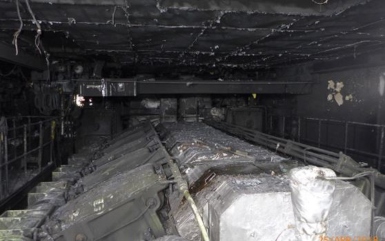
With marine environmental regulations tightening worldwide, in December 2020 the Japanese Ministry of Economy, Trade and Industry formulated its ‘Green Growth Strategy towards 2050 Carbon Neutrality’. The strategy highlights the development of energy and power sources that reduce the impact on the environment, including those for vessels powered by carbon-free fuels such as hydrogen and ammonia. Looking towards the future of powertrain technology, Yanmar has developed a maritime fuel cell system that incorporates hydrogen fuel cell modules from Toyota’s MIRAI automobile. The system was installed into Yanmar’s EX38A FC pleasure boat for field testing. The boat Continue reading “Yanmar underway with field demo testing for hydrogen fuel cell”










